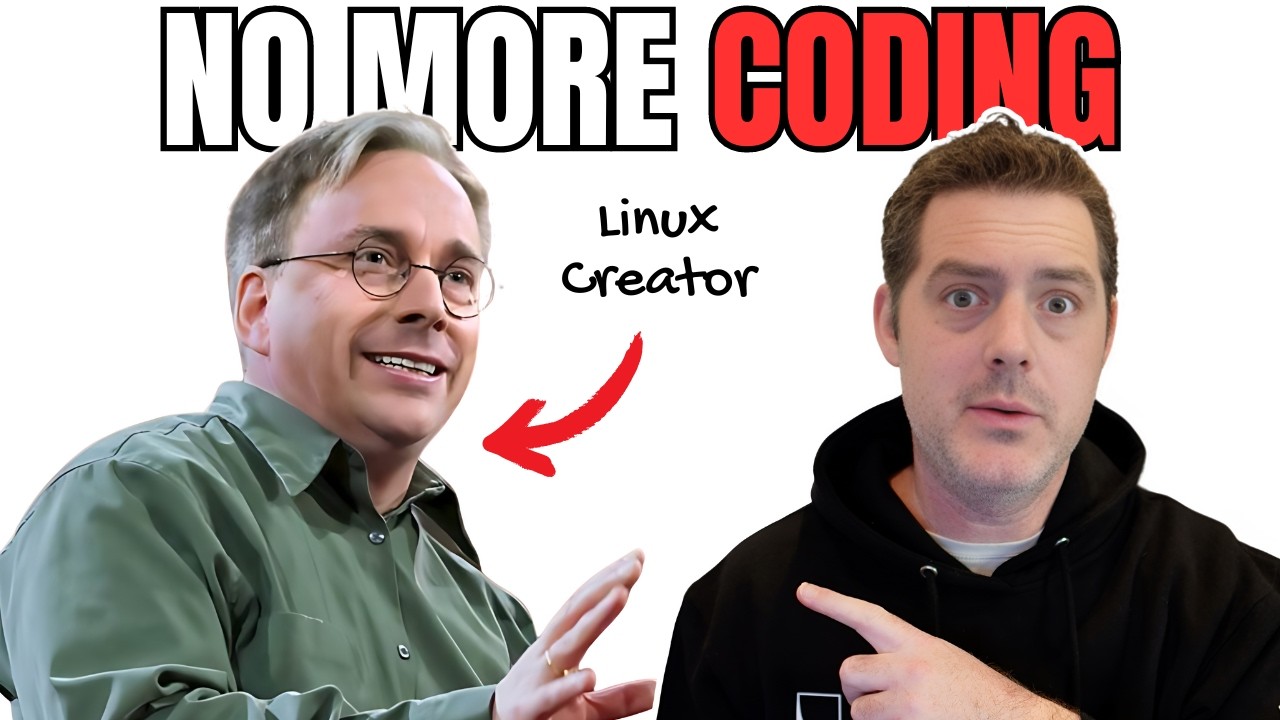In a recent interview, Linus Torvalds expressed skepticism about the hype surrounding AI, describing large language models as advanced autocorrect tools that assist in coding but do not exhibit true intelligence. He advocates for a balanced view of AI’s role in programming, emphasizing its potential to enhance productivity while recognizing the importance of human creativity and caution in software development.
In a recent interview, Linus Torvalds, the creator of the Linux kernel and Git, shared his insights on the role of artificial intelligence (AI) in coding. He expressed skepticism about the hype surrounding AI, describing large language models (LLMs) as “autocorrect on steroids,” primarily functioning by predicting the next word rather than exhibiting true intelligence. Torvalds acknowledged that while LLMs can assist in coding, they are not revolutionary but rather an evolution of existing automation tools that have historically aided programmers in writing code more efficiently.
Torvalds emphasized that automation has always been a part of programming, with layers of abstraction evolving from machine code to high-level languages like C and Python. He believes that LLMs represent the next level of abstraction, allowing users to communicate in natural language rather than precise coding syntax. This shift could lead to the development of entirely new programming languages that may not resemble anything familiar to humans, as AI could generate code directly from user input without needing human-readable syntax.
While Torvalds sees potential in LLMs for assisting with code reviews and identifying obvious bugs, he remains cautious about their limitations. He noted that many bugs are simple mistakes that do not require advanced intelligence to catch, and while LLMs may improve over time, they currently struggle with more subtle issues in code. He highlighted the importance of having systems in place to catch errors, whether they arise from human programmers or AI-generated code, to ensure the reliability of software.
In a follow-up discussion, Torvalds addressed the broader implications of AI in the tech industry, particularly the fear that it could replace jobs in programming and other fields. He expressed a desire to temper the hype surrounding AI, suggesting that while it has the potential to change how we work, it is essential to remain realistic about its capabilities. He pointed out that the AI revolution has already positively impacted the Linux community, as companies like Nvidia have become more engaged with open-source projects due to the demand for AI technologies.
Ultimately, Torvalds advocates for a balanced view of AI’s role in programming, recognizing its potential to enhance productivity while also acknowledging the need for caution. He believes that the future of programming will likely involve a combination of human creativity and AI assistance, rather than a complete replacement of human developers. As the technology continues to evolve, he encourages a focus on improving tools and methodologies to ensure that both human and AI contributions lead to better software development outcomes.
